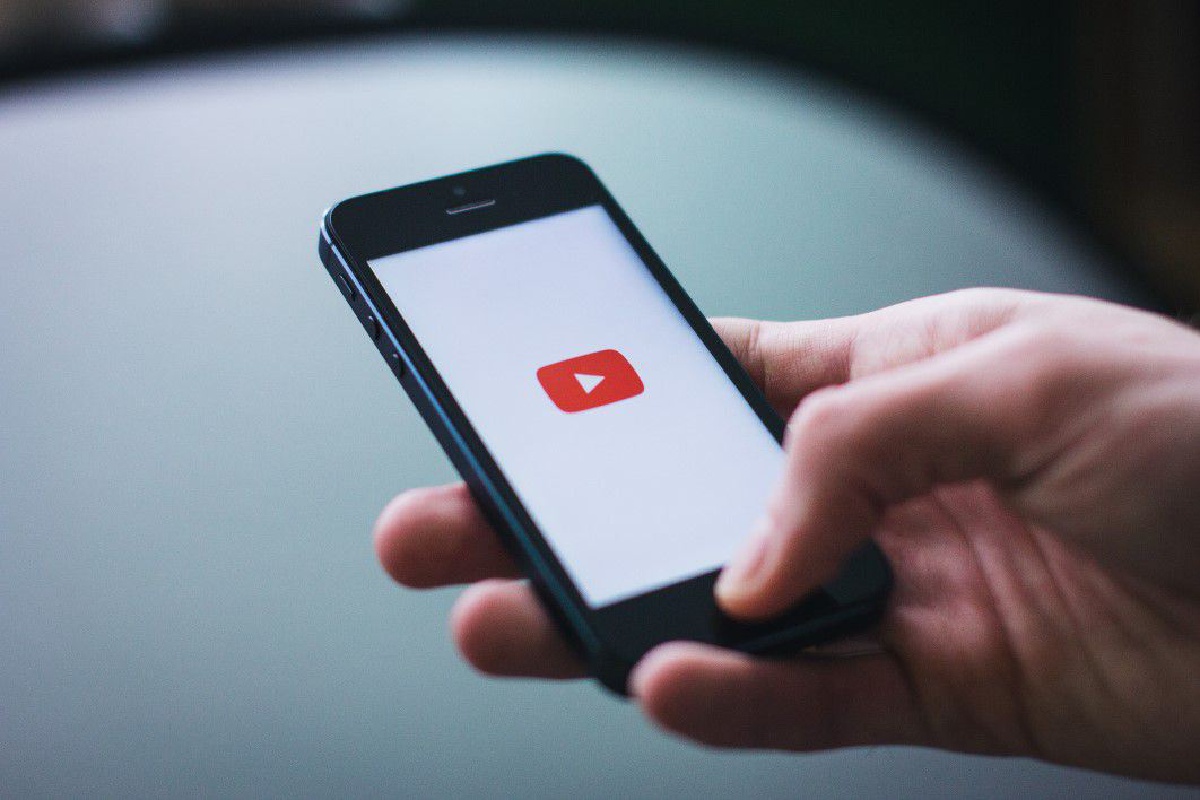
YouTube recently revealed its plans to enhance its stance against medical misinformation
YouTube is tackling the misinformation by refining its guidelines pertaining to various health conditions, treatments, and substances. This strategic move comes in response to the persistent spread of inaccurate medical information, particularly concerning critical topics like COVID-19, vaccines, reproductive health, and harmful substances. As part of these measures, the platform will take steps to eliminate content that contradicts the guidance of local health authorities or the globally recognized World Health Organization (WHO).
The escalating circulation of false or misleading medical information poses a significant threat to public health and well-being. The consequences of such misinformation can be dire, leading individuals to make ill-informed decisions about their health, potentially endangering their lives and the lives of those around them. This risk is particularly palpable in times of a global health crisis, such as the COVID-19. Misinformation regarding the virus, its transmission, preventive measures, and treatments can impede efforts to contain the pandemic and jeopardize the success of vaccination campaigns.
By aligning its guidelines with established health authorities like local health organizations and the WHO, YouTube aims to create a more reliable and trustworthy environment for users seeking medical information. This initiative acknowledges the critical importance of accurate information, especially when it comes to health-related topics. Relying on credible sources for medical guidance ensures that individuals can make informed decisions about their health, thereby safeguarding their well-being and that of their communities.
Accessing accurate medical information is important
Accurate information empowers individuals to understand their health conditions, potential treatments, and preventive measures. This knowledge enables them to engage in proactive health management and seek appropriate medical care when necessary. Moreover, accurate information helps dispel fears and misconceptions, fostering a sense of security and reducing unnecessary anxiety.
In an age dominated by information and digital platforms, the responsibility to disseminate accurate medical information lies not only with medical professionals but also with technology companies like YouTube. As a widely used video-sharing platform, YouTube’s influence is immense, making its commitment to combat medical misinformation crucial. By partnering with reputable health authorities, the platform acknowledges its role in promoting public health and contributing to the global effort to combat misinformation.
The YouTube’s decision to refine its guidelines on medical misinformation comes at a crucial juncture where the dissemination of accurate health information is vital. By aligning with trusted health authorities, the platform takes a step towards providing users with reliable information, reducing the risks associated with misinformation, and ultimately contributing to the improvement of public health worldwide. As individuals, it remains imperative to seek information from reputable sources to make informed decisions about our well-being.
